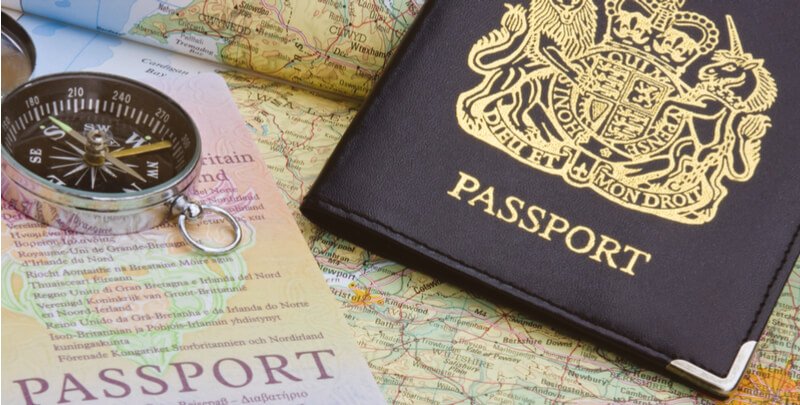When you apply for settlement or British citizenship, you ought to prove that you possess English Language proficiency.
You must be above 18 years of age to apply for it. You can do this by two ways, a degree taught or researched in English, or an English language qualification at the B1, B2, C1 or C2 level.
Furthermore, you may not need to prove your English proficiency, in case you are over 65 years of age or are suffering with long-term mental or physical ailment.
In this article, we will understand in detail English language requirements as a compulsory part of your British Citizenship application.
Exemptions from English proficiency test- only during British citizenship
If you are a native resident of Antigua and Barbuda, The Bahamas, Grenada
Guyana, Jamaica, Australia, Trinidad and Tobago, USA, Barbados, Belize, Canada, Dominica, Ireland (for citizenship application), Malta, New Zealand, St Kitts and Nevis, St Lucia, St Vincent and the Grenadines, you are not required to apply.
If you’re applying to become a British citizen, there are no additional exemptions apart from the above. Even if you were exempt when you were awarded settlement, you must have a valid English language qualification.
Exemptions from English proficiency test- only during settlement(ILR)
As a part of settlement application, you are exempt from English language proficiency, if you are any of the following:
- As the partner or husband of a British citizen or someone who has settled in the UK, you have been a victim of domestic violence.
- the partner or spouse of a person who died in the UK who was either a British citizen or a permanent resident
- an adult dependent relative, aged 18 to 64, of someone who is present and settled in the UK, is a refugee, or is protected by humanitarian law.
- a refugee in the United Kingdom
- someone on discretionary leave in the UK; someone with humanitarian protection in the UK
- someone with authorization to stay in the UK as a retired person of independent means
- a Commonwealth citizen on discharge from HM Forces.
Applying for British citizenship
If you have taken an English proficiency test during settlement application and have B1 level of proficiency, then you can use it again during your British citizenship application even if it has been used up.
Degree was taught or researched in English
Your academic degree is required. A vocational degree will not suffice as proof. Contact your university if you’re unsure if your degree is academic or vocational.
You only need your degree certificate if you earned your degree from a UK university.
If you didn’t get your degree from a UK university, you’ll need an Academic Qualification Level Statement (AQUALS) from Ecctis (previously UK NARIC) stating the degree is equal to a UK qualification.
You must be able to demonstrate that you have completed your degree. This can be one of two things:
an official transcript that includes your name, the name of your school, your degree, and confirmation of your award
a letter from your university stating that it is unable to reissue your certificate and when it will be issued.
Simultaneously, you can seek support from legal advisors who can best guide you through the process. A Y & J Solicitors are best immigration solicitors for settlement and British citizenship applications.
If you have more legal blog than you can write for us legal

